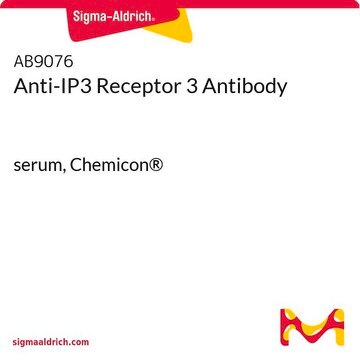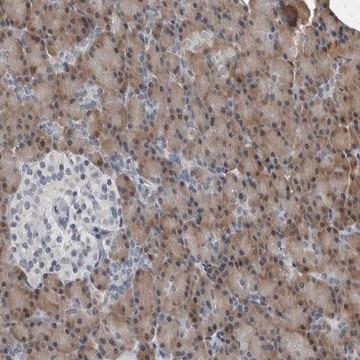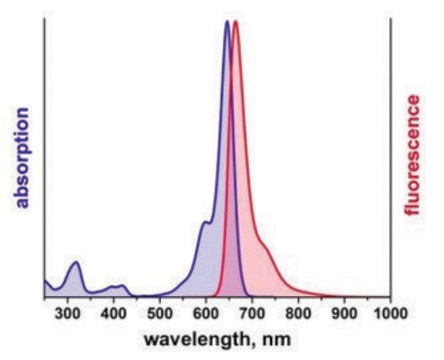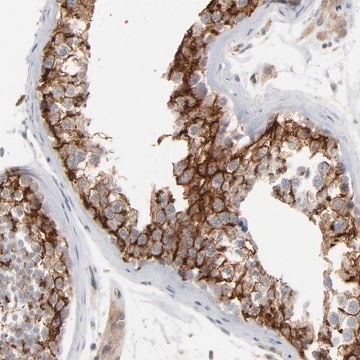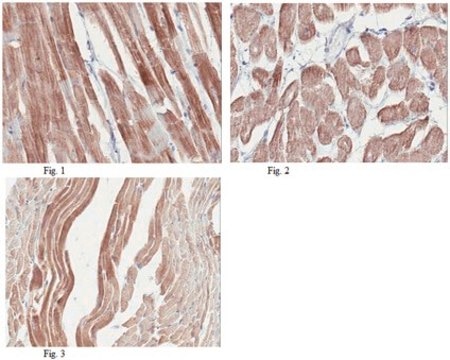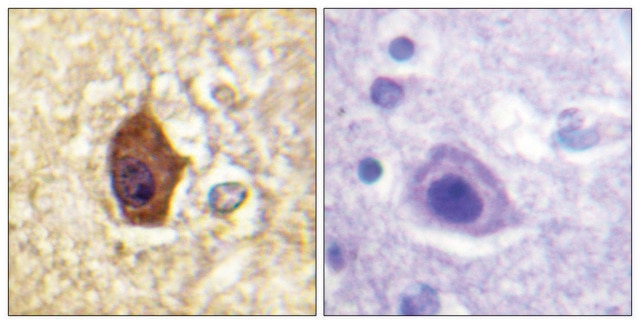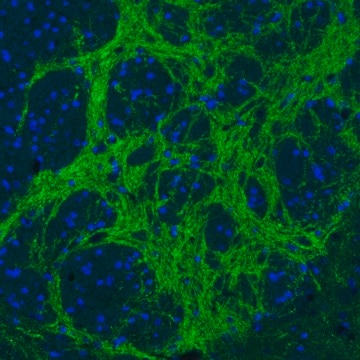MABN1544
Anti-IP3R3 Antibody, clone 6G12.1
clone 6G12.1, from mouse
Synonym(s):
Inositol 1, 4, 5-trisphosphate receptor type 3, InsP3R3, IP3 receptor isoform 3, IP3R 3, Type 3 inositol 1, 4, 5-trisphosphate receptor, Type 3 InsP3 receptor
About This Item
Recommended Products
biological source
mouse
Quality Level
antibody form
purified antibody
antibody product type
primary antibodies
clone
6G12.1, monoclonal
species reactivity
human
technique(s)
western blot: suitable
isotype
IgG2bκ
NCBI accession no.
UniProt accession no.
shipped in
ambient
target post-translational modification
unmodified
Gene Information
human ... ITPR3(3710)
General description
Specificity
Immunogen
Application
Neuroscience
Quality
Western Blotting Analysis: A 1:500 dilution of this antibody detected IP3R3 (IP3 Receptor 3) in 10 µg of HeLa cell lysate.
Target description
Physical form
Storage and Stability
Other Notes
Disclaimer
Not finding the right product?
Try our Product Selector Tool.
wgk_germany
WGK 1
flash_point_f
Not applicable
flash_point_c
Not applicable
Certificates of Analysis (COA)
Search for Certificates of Analysis (COA) by entering the products Lot/Batch Number. Lot and Batch Numbers can be found on a product’s label following the words ‘Lot’ or ‘Batch’.
Already Own This Product?
Find documentation for the products that you have recently purchased in the Document Library.
Our team of scientists has experience in all areas of research including Life Science, Material Science, Chemical Synthesis, Chromatography, Analytical and many others.
Contact Technical Service
